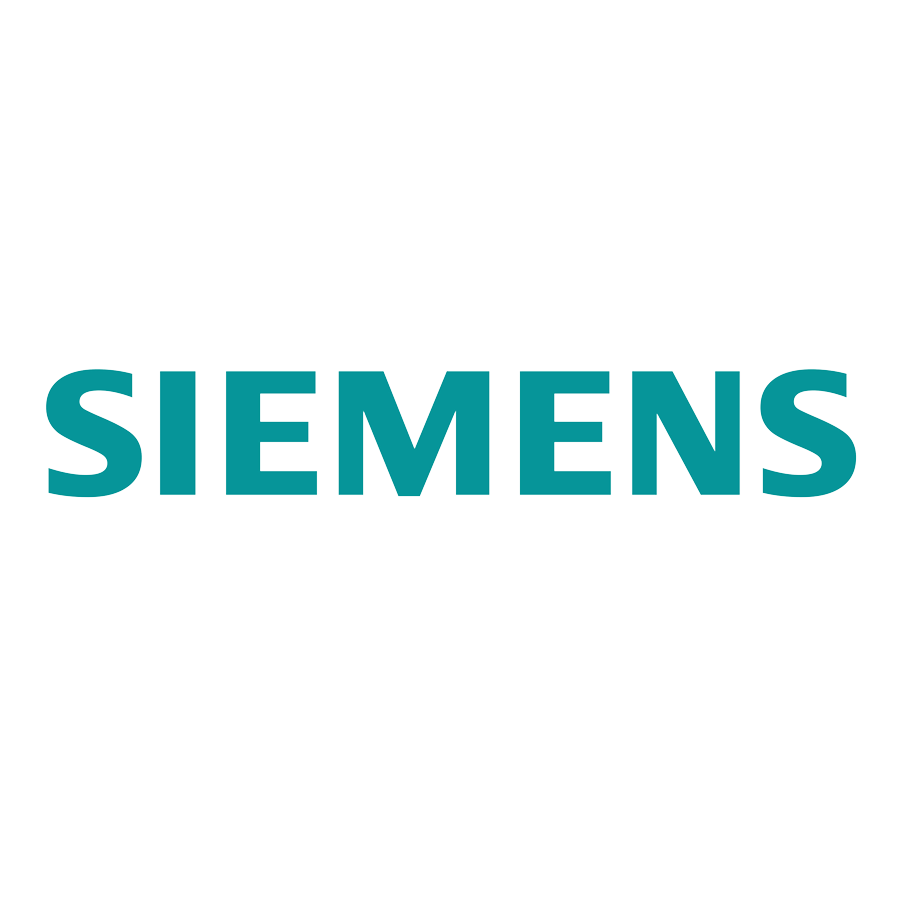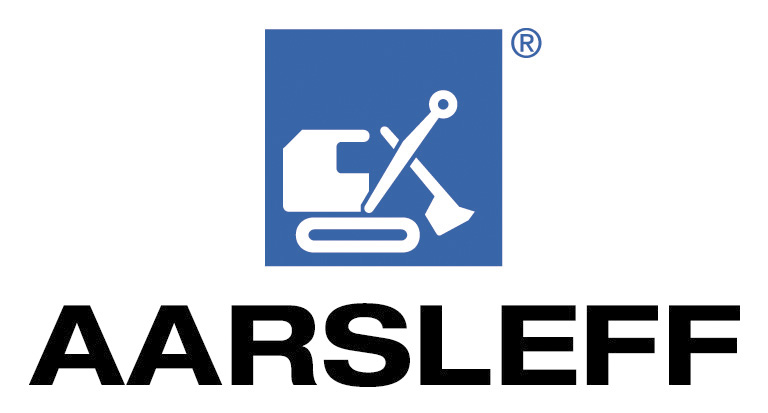Find your course
No results found
- Aerospace Engineering - MEng (Hons)
- Aerospace Engineering - BEng (Hons)
- Aerospace Engineering (with foundation year) - BEng (Hons)
- Biomedical Engineering - BEng (Hons)
- Biomedical Engineering - MEng (Hons)
- Biomedical Engineering (with foundation year) - BEng (Hons)
- Civil Engineer, Level 6 Degree Apprenticeship (Integrated) - BEng (Hons)
- Civil Engineering - BEng (Hons)
- Civil Engineering - MSc
- Civil Engineering - BSc (Hons)
- Civil Engineering (with Foundation Year) - BEng (Hons)
- Civil Engineering (with Foundation Year) - BSc (Hons)
- Civil Engineering Design and Construction - MEng (Hons)
- Civil Engineering for England (Senior Technician) Level 4 Apprenticeship - NTU in Mansfield - Higher National Certificate
- Civil Engineering Top-up (Part-time) - BSc (Hons)
- Electrical and Electronic Engineering for England - NTU in Mansfield - Higher National Certificate
- Electrical and Electronic Engineering for England - NTU in Mansfield - Higher National Diploma
- Electronic and Electrical Engineering - MEng (Hons)
- Electronic and Electrical Engineering - BEng (Hons)
- Electronic and Electrical Engineering (with foundation year) - BEng (Hons)
- Electronic Communications Engineering - MSc
- Engineering Management - MSc
- Engineering Management (top up) - NTU in Mansfield - BEng (Hons)
- Manufacturing Engineering for England - NTU in Mansfield - Higher National Certificate
- Manufacturing Engineering for England - NTU in Mansfield - Higher National Diploma
- Mechanical Engineering - MEng (Hons)
- Mechanical Engineering - BEng (Hons)
- Mechanical Engineering (with foundation year) - BEng (Hons)
- Mechanical Engineering for England - NTU in Mansfield - Higher National Certificate
- Mechanical Engineering for England - NTU in Mansfield - Higher National Diploma
- Medical Engineering - MSc
- Sport Engineering - MEng (Hons)
- Sport Engineering - BEng (Hons)
- Sport Engineering (with foundation year) - BEng (Hons)
- Structural Engineering with Management - MSc
- Structural Engineering with Materials - MSc
- Sustainable Engineering: Energy - MSc
Engineering Experience Day
Tuesday 1 July, 10am - 4 pm
Experience what it's like to study Engineering at university. On this taster day you’ll use the latest cutting-edge facilities as you have a go at sending a coded message on a Morse code Arduino transceiver and use professional design software in our high-performance computing labs.
Studying Engineering at NTU
From sport to civil and electronic to mechanical, our courses span the whole spectrum of engineering.
Whether your interests and ambitions lie in robotics, medical imaging or building design, we’ll give you a proper grounding in the pathway you want to pursue.
You’ll have access to a huge range of equipment – from 3D printers to hydraulic rigs and structural testing machines to Formula 1 simulators. The focus of our courses is problem-solving through project work and with the support of experts from a range of related sectors, we will help you to develop a broad understanding of engineering.
Take a closer look...
Rakshith, a Mechanical Engineering student at NTU, shares the various programs he has been involved in as a result of his studies at NTU.
Hands-on engineering
Every year our Aerospace, Biomedical, Electronic and Electrical, Mechanical and Sport Engineering students take part in our Grand Challenge. This end-of-year project is a great opportunity – a company sets a group industry challenge for you and your team to work on. You'll spend the next three weeks working exclusively on your proposal and concept before presenting your results at an end-of-year show.
Where can an Engineering degree take you?
Through working on real projects from industry, fieldwork, and regularly updated course content, you'll be equipped with skills and experience to carry with you for the rest of your professional career.
Our recent graduates have secured roles at companies such as:
- Aarsleff
- Arcadis
- Buckingham Group
- Plowman Craven
- RAF
- Rolls Royce
- Siemens
- VolkerFItzpatrick
- Winvic





More about Engineering at our Clifton Campus
Our Aerospace, Electronic and Electrical, Biomedical, Mechanical and Sport Engineering courses are taught at our Clifton Campus. Find out about the engineering facilities you'll have access to on this campus and the benefits and support you'll receive as an NTU student.
Department of Engineering
The Department of Engineering was launched in 2017 with a vision to develop engineers that will shape the future. We are investing in our staff, facilities, and working environment in order to achieve our vision.
Engineering Building Facilities
Our Engineering Building is the home for engineering undergraduate, postgraduate and research at NTU.
Take a virtual tour
The NTU virtual tour is a great way to get to know our University from the comfort of your own home.
NTU Extras
What makes life and learning at NTU so special? Discover just a few of the benefits and free services designed to enhance your student experience.
More about Civil Engineering
Civil Engineering is based at our City Campus where you'll enjoy a range of specialist industry-standard facilities to enable you to maximise your development and apply your project work to practice. Find out about the engineering facilities you'll have access to on this campus and the benefits and support you'll receive as an NTU student.
Department of Civil Engineering
We have an established reputation for developing successful civil engineering professionals. Our professionally accredited courses have a strong industry and research-informed focus, linked with employability and collaborative working practices.
Civil Engineering Facilities
From our concrete lab to our structural testing area, our hydraulics and fluids lab and geotechnic/ soils areas, we have a range of industry-standard facilities that you will use throughout your Civil Engineering courses.
Take a virtual tour
The NTU virtual tour is a great way to get to know our University from the comfort of your own home.
NTU Extras
What makes life and learning at NTU so special? Discover just a few of the benefits and free services designed to enhance your student experience.